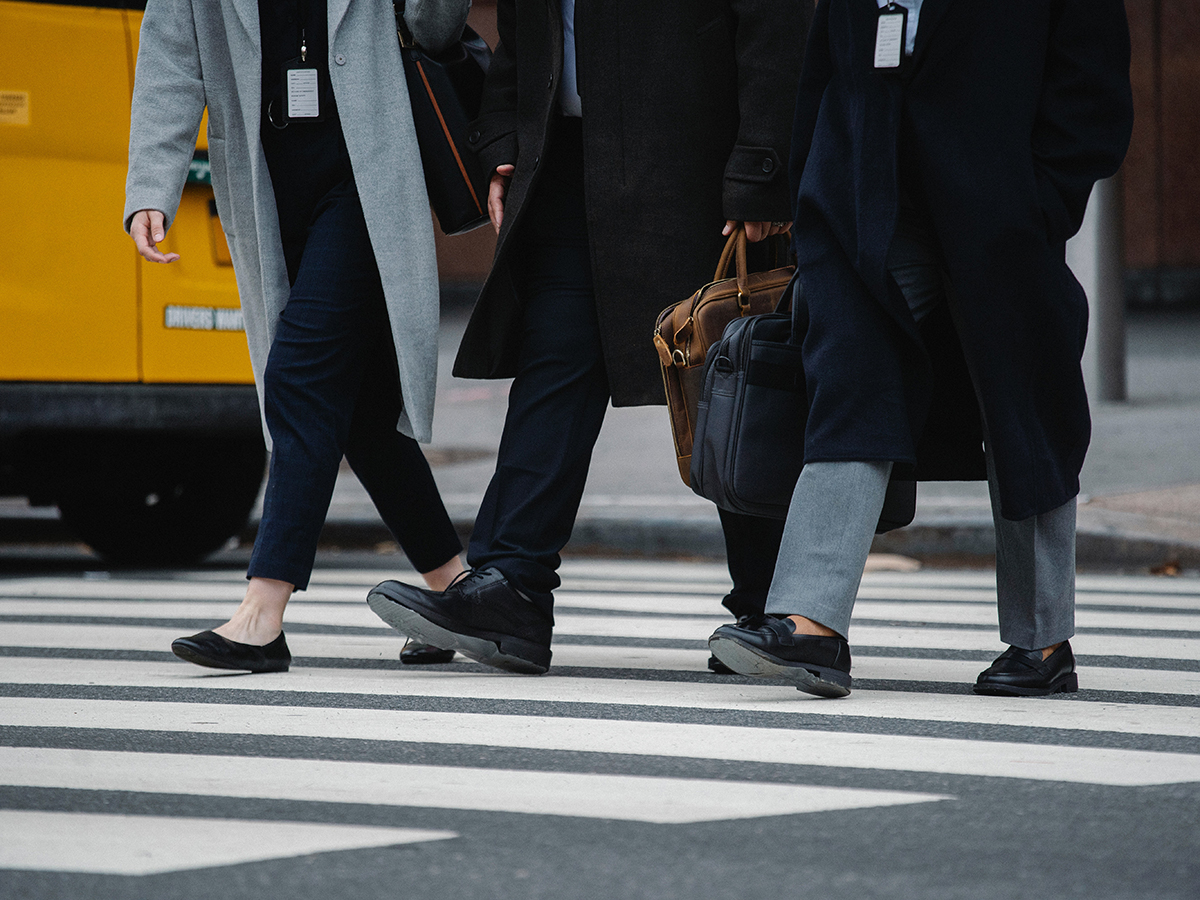
As the one-year anniversary of the pandemic approaches, it seems almost impossible for those working from home to imagine their prior days of sitting in traffic on their way to work. Especially for Californians, the standard commute might mean sitting in a spiderweb of traffic, bad morning radio talk shows and coffee going cold. But that obnoxious morning ritual actually has more benefit than we ever gave it credit for. Now, as our coffee grows cold on our desks while we sit with our cameras off in Zoom meetings, we all should make the effort to put a “fake commute” into our lives to regain those mental health benefits while keeping safe at home.
The commute from bed to desk can be included in one’s daily routine by creating a third little commute space to help the mind transition from waking up to working. Rather than rolling out of bed and getting right to work, allowing a few minutes to get out of the house and going for a bike ride or a walk allows us to “psychologically detach from work.” Additionally, avoiding technology for a period of time in the morning and enjoying sitting on your patio can have the same effect. Allowing the gap between work and home life can help the body keep a routine that offers these decompression benefits.
It wasn’t very difficult for me to adjust my morning routine to taking classes from home. My morning routine of getting up, making my bed, having breakfast and getting ready for my day was my “commute” between home and school, even though both now occurred in my own room. However, that mental distancing between work or school and home life has become more important than ever. Therefore, it is more beneficial for the body to wake up, give yourself that fake commute and do your work in a separate place from where you sleep. After all, it is well-known that doing any sort of work in the bedroom can disrupt your sleep, so to have a separate space for work and a separate place for rest as we all did in the pre-pandemic world would only further help prevent burnout.
A fake commute should be actively promoted in workplaces and on college campuses. Students can make use of a morning walk and separate their class spaces from their activity spaces by working in different spots of their apartment or dorm to allow for the mental detachment. Zoom fatigue is a real problem among students, so even incorporating multiple short walks or time away from devices in a day could help prevent feeling tired after a day of online classes. Likewise, professors should also actively promote this fake commute concept in order to support students during these times. In addition to helping students get out and be more active, the chance of lessening burnout could prove beneficial to professors with time.
Cutting time out of our day to not be in front of our screens and switching up our routines to reflect those we were so used to has immense benefits for our mental and physical health. Even as we start facing the potential end of the lockdown era, we should still implement these little commutes into our homebound lives until we can be so lucky as to sit in traffic on our way to our jobs again, back into the routines our mental health relies so heavily upon.







